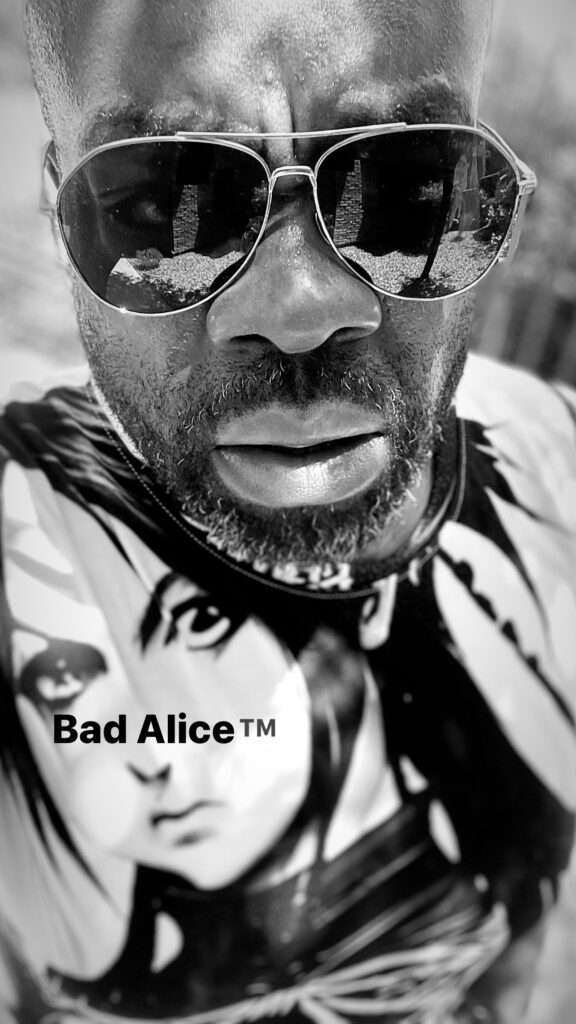In every relationship, whether romantic, familial, or platonic, individuals bring a unique mix of experiences, baggage, and perspectives. This dynamic can sometimes be complicated, and as such, many people defend certain behaviors by saying, “I come with a lot.” While it’s essential to recognize and understand personal challenges, using them as an excuse to avoid self-improvement can be detrimental to a relationship and one’s growth.

Understanding “I Come with a Lot”
When someone says, “I come with a lot,” they’re highlighting their perceived complexities. It might encompass past traumas, emotional baggage, or life challenges. It’s an admission of imperfection, and at face value, seems like an act of vulnerability. While it’s valid to acknowledge one’s hardships, it becomes problematic when it’s wielded as an excuse to avoid responsibility for one’s actions.
The Cycle of Avoidable Setbacks
Consider the example of parents with avoidable life setbacks. A parent might indulge in excessive drinking leading to legal troubles. When confronted, they might point to a toxic relationship with a manipulative adult child who lives with them and remains unemployed. They deflect the blame onto external circumstances rather than addressing the root issue. In doing so, they not only perpetuate their negative behaviors but also further entrench the toxic patterns in their relationship with their child.
Similarly, avoidable drama stemming from jealousy over an ex, especially if there’s a child involved, can destabilize a current relationship. Instead of addressing feelings of insecurity or unresolved issues from the past, the person might create tension and conflict, causing undue stress for everyone involved.

Why It’s Crucial to Address Bad Behaviors
- Promotion of Healthy Relationships: Recognizing and working on one’s negative behaviors allows for more transparent communication, trust, and overall healthier relationships. By constantly deflecting or excusing bad behaviors, one inhibits the relationship’s ability to grow and thrive.
- Personal Growth: Using past challenges as a crutch halts personal development. While it’s essential to recognize past traumas and experiences, it’s equally crucial to ensure they don’t define one’s identity. Growth comes from addressing, learning, and moving past negative behaviors and habits.
- Breaking Generational Patterns: Many negative behaviors and patterns are passed down from generation to generation. By recognizing and addressing them, one has the power to break the cycle, ensuring future generations don’t inherit the same challenges.
While everyone has their unique set of challenges, using “I come with a lot” as an excuse to avoid changing bad behaviors does a disservice to oneself and one’s relationships. Recognizing negative patterns, addressing underlying issues, and actively working towards personal growth is the key to fostering healthy relationships and ensuring individual well-being.
Sie nett und Machs gut!
